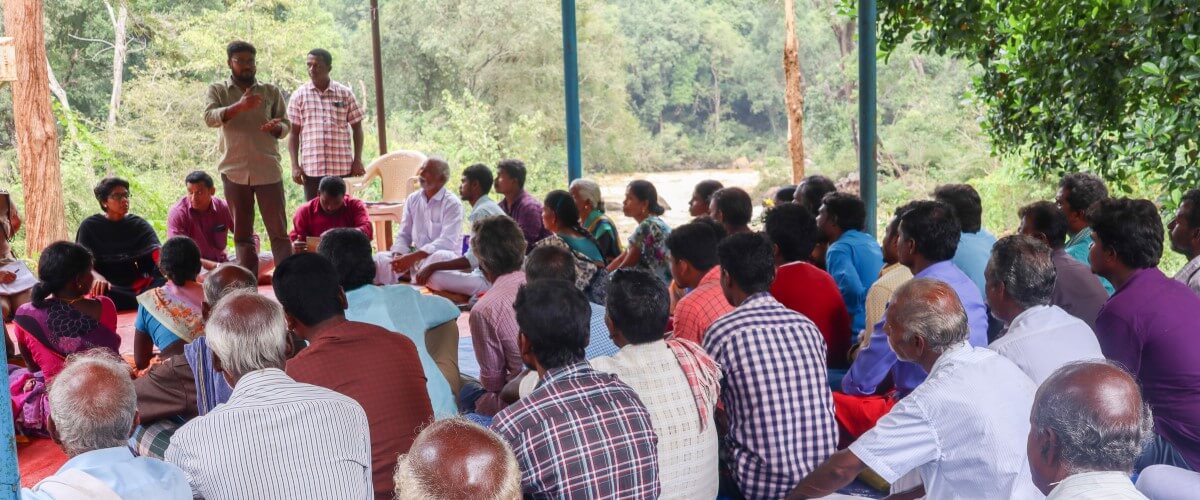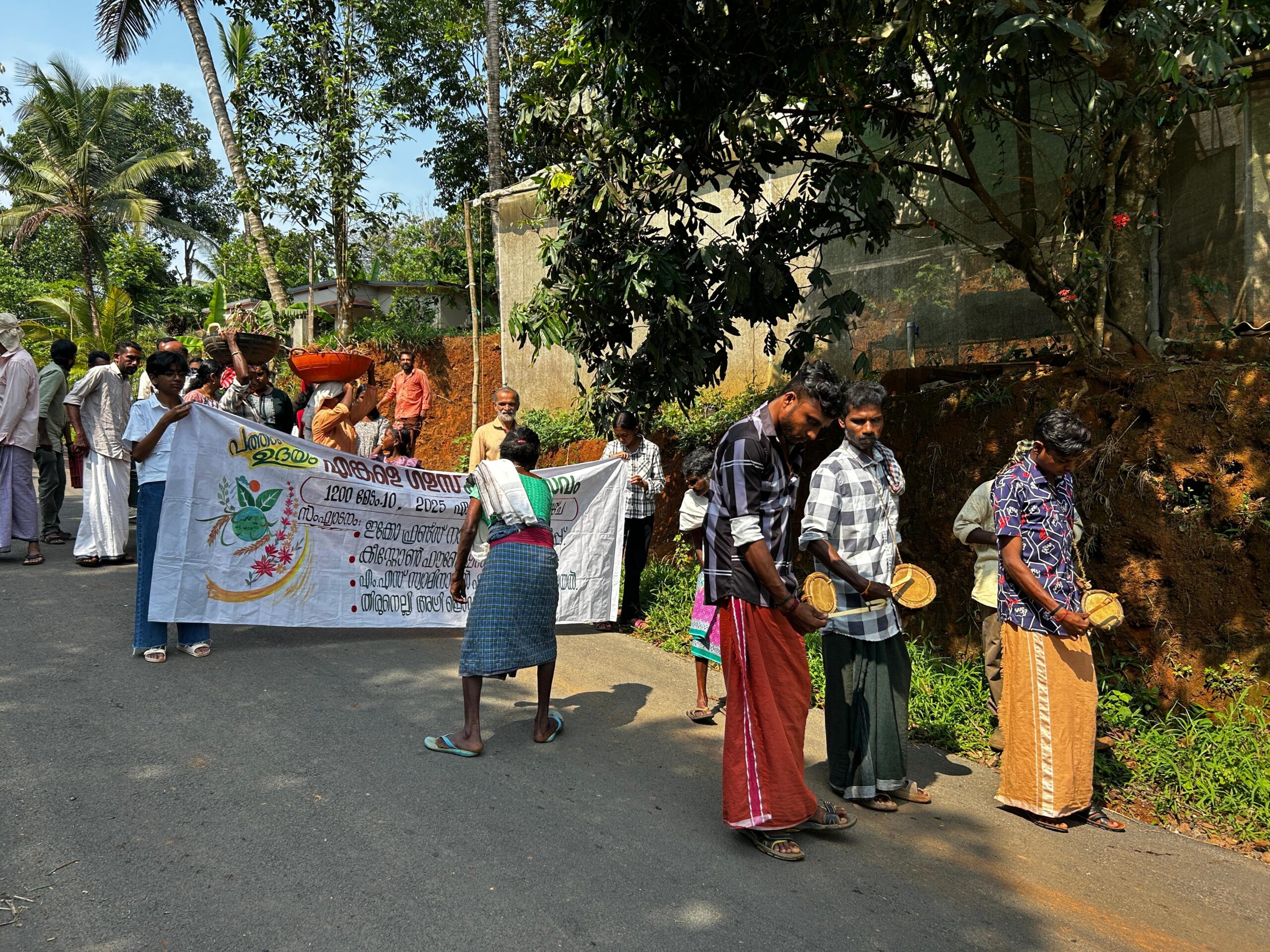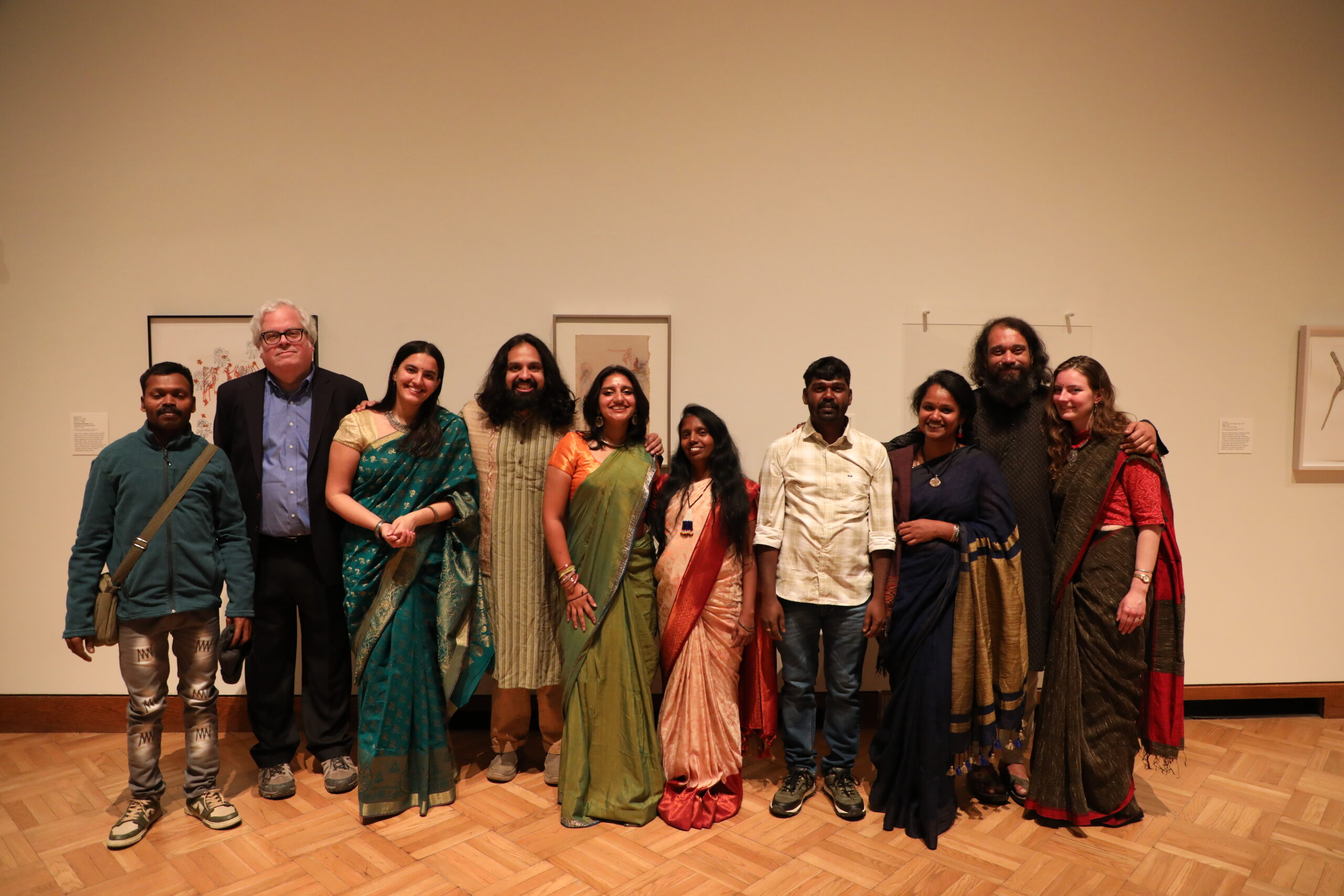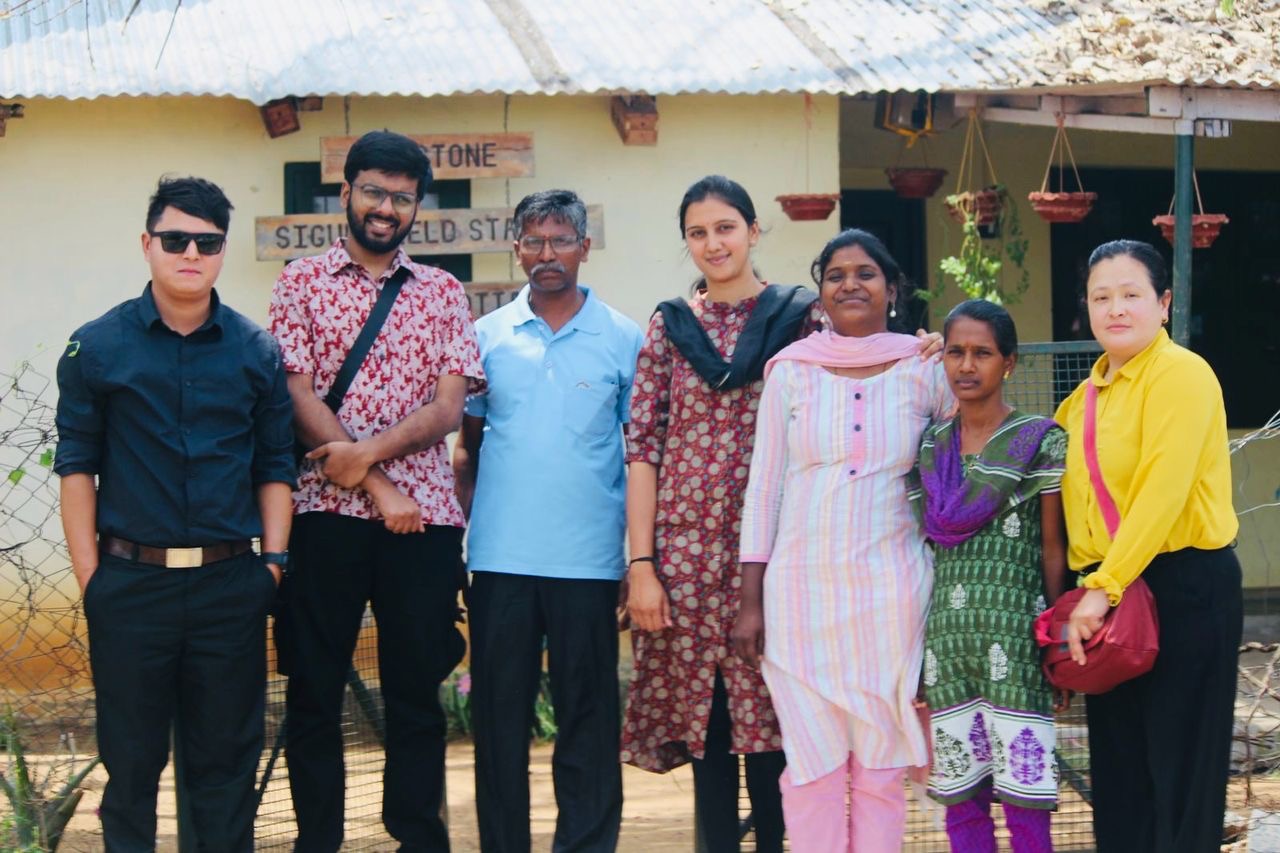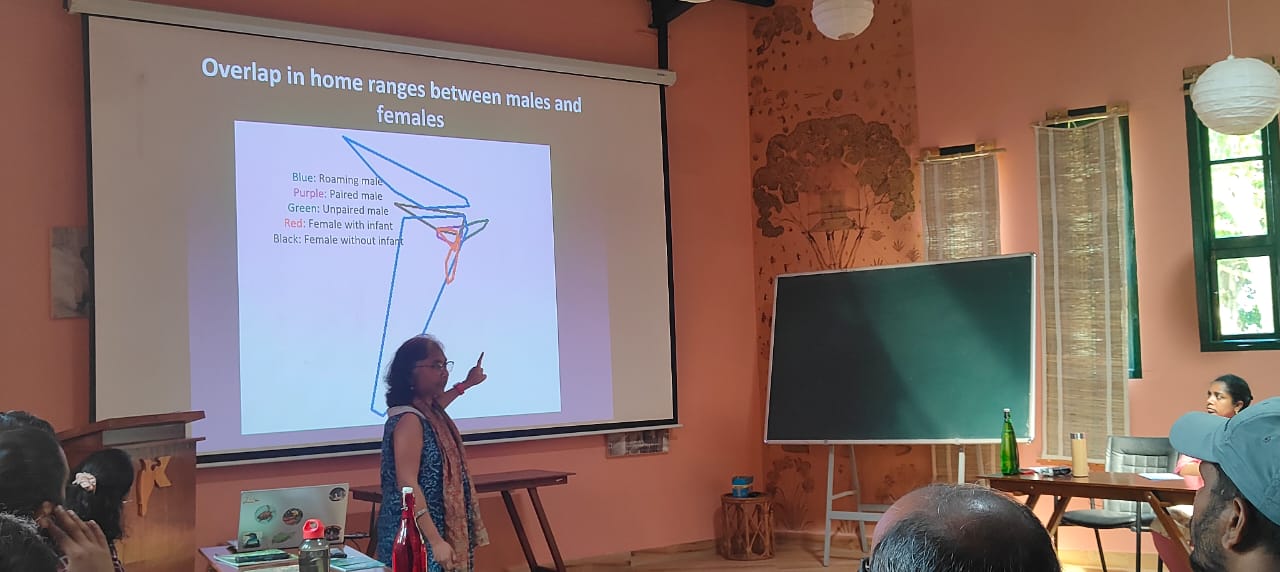December 10, 2022
By Community Well-being team
In a groundbreaking motion and a first for Tamil Nadu, 13 villages in Pillur region were granted Community Forest Rights (CFR) in late November. This achievement is following decades of dedicated activism and grassroots work by Keystone’s Community Wellbeing team, local Forest Rights Committees (FRC) and local government bodies. The motion officially permits Adivasis living inside and on the fringes of forests to claim their rights to sustainably use the landscape and resources they have traditionally always managed. This includes their right to extract NTFP like honey, uncultivated foods, medicinal plants, firewood and so on without having to pay a fee to the Forest Department – all crucial to support their traditional livelihoods. It also allows them to build infrastructure such as roads and water tanks.
In 2006, after a significant push from Adivasi communities across the country, the Indian parliament passed the Forest Rights Act that – on paper – made CFR a reality. However, its implementation has been a different story – one that failed to progress far. Most forest-dwelling communities are overrun and displaced by development projects that are planned on their land, or live on the margins of society, largely forgotten.
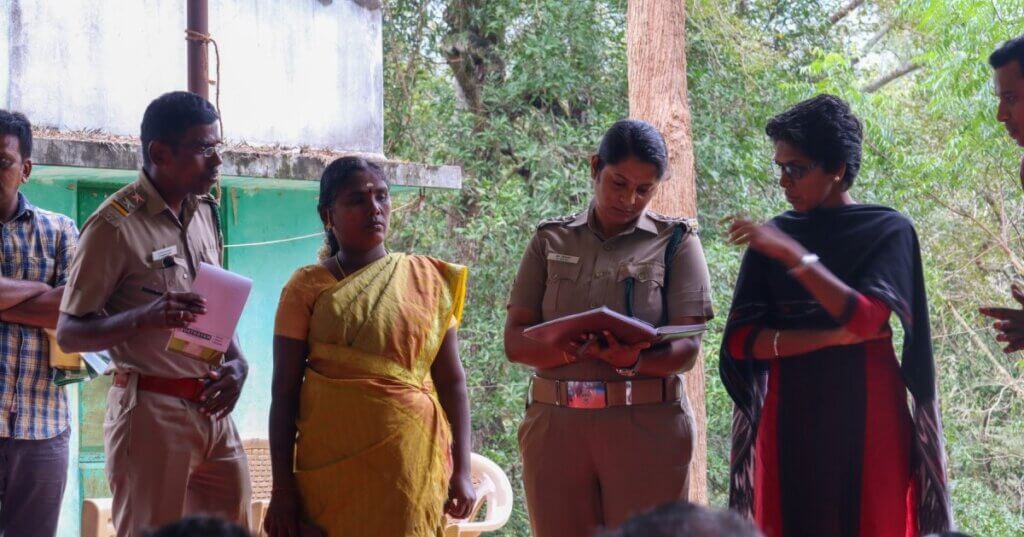
In 2019, we rekindled our governance work that had initially kicked off in 2008. Our team began working with local communities to breathe life into the Forest Rights Committees that were once set up across Pillur in a decade past. We witnessed how Individual Forest Rights (IFR) were somewhat accessible, allowing households to use a few hectares of land around their homes. However, CFR remained a distant dream for many. With traditional livelihoods no longer a viable option, poverty and immigration to urban spaces grew, and ancient traditional knowledge that came with sustainable forest use declined. A field trip to Orissa was arranged for community members who joined FRCs, to find inspiration from other Adivasi communities who were more practiced in advocating for their CFR. We began GPS land surveys to map areas for the CFR claims processes, while simultaneously finding ways to promote traditional livelihoods and holistic eco-development.
In December 2021, Keystone supported the Nilgiris district Member of Parliament in calling for a meeting in Ooty to accelerate the CFR process. Forest Department, local politicians, district collectors from Nilgiris, Coimbatore and Erode participated. Several points were discussed – how for years, non-local entities would indulge in unsustainable land use in Pillur, with the profits never reaching the local community. How CFR benefits not just the local community, but the larger society as well, when forests are sustainably managed and indigenous people uplifted. This meeting was crucial to our awareness building work.
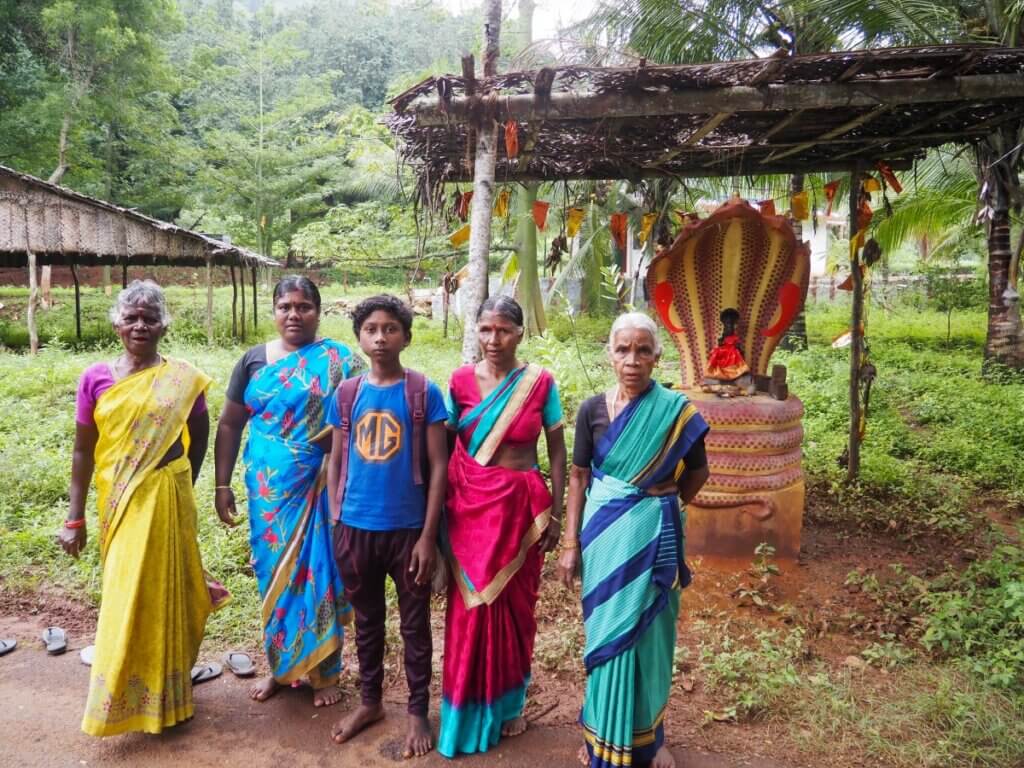
While COVID-19 may have thrown several obstacles our way, a silver lining shines through – with young community members unable to travel to cities during this time, interest in traditional livelihoods and farming techniques were revived, unintentionally fuelling local activism for CFR.
In the year that has passed since then, land surveys have been completed and forms for claims submitted and accepted by the district collector. The 13 villages in Pillur that were granted CFR last month now have right of way to 29 ancient temples and burial grounds within their forests for the first time in years!
“The Pillur case is also a good example that demonstrates how with the support of good, responsible, accountable and forward-thinking bureaucrats and elected representatives, communities who generally experience disempowerment can be mobilized and empowered to work with the officials in a mutually beneficial, collaborative manner. Hence, for me, although this is a landmark outcome, it also sets an excellent model of partnership between communities, elected representatives, local democratic institutions, bureaucrats, and other stakeholders to work towards pro-conservation and sustainable development goals, in a predominantly forest-tribal context,” comments Dr. Jyotsna Krishnakumar, Director of Community Well-being programme at Keystone, which also executes governance efforts. “Pillur could be a groundbreaking case. A remote region, with tribal communities experiencing marginalization, receiving CFR in the region has set a precedent for future CFR claims process in Tamil Nadu.”
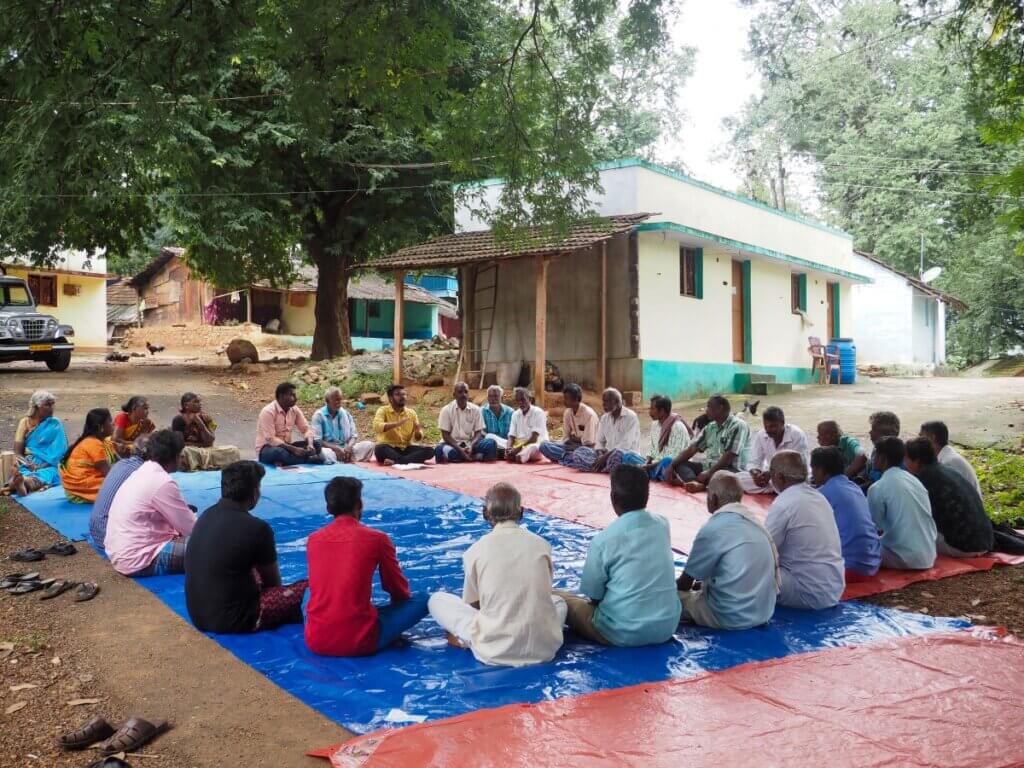
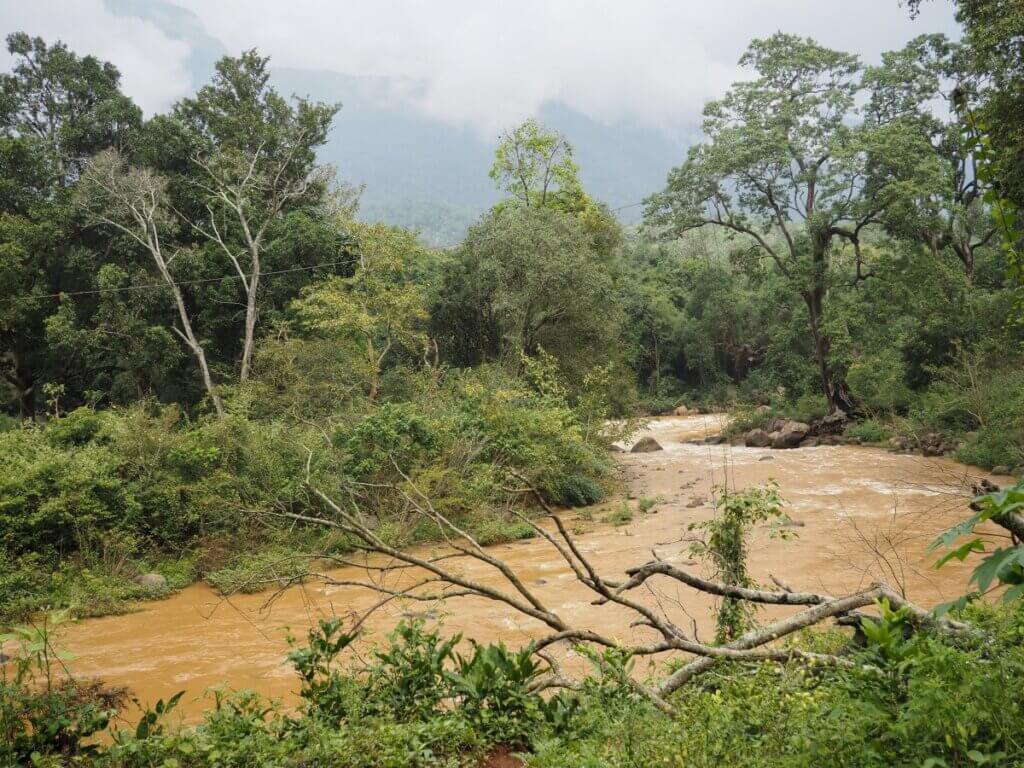
“The problem all these years was that there was no political pressure on local government bodies to grant CFR to tribal communities,” says Bagavanidhi, who works in the governance team at Keystone and has played a crucial role in collaborating with local government and community members to accelerate the CFR process. “There may be varying opinions within the communities – many support our work while some do not, some believe the FRA is necessary while others do not. But at the end of the day, nobody denies that CFR is crucial for Adivasis to peacefully practice their traditional livelihoods and manage their resources.”
Read the news report from The Hindu.

